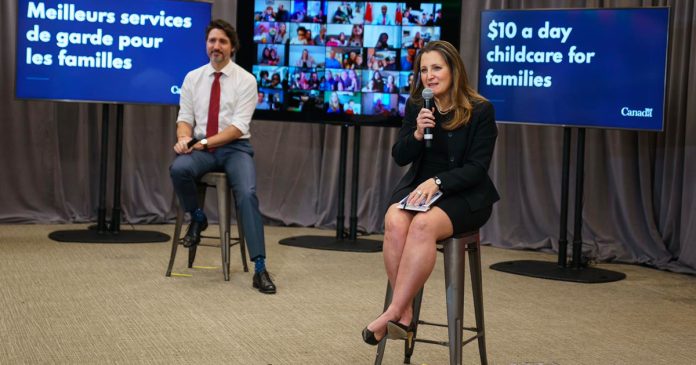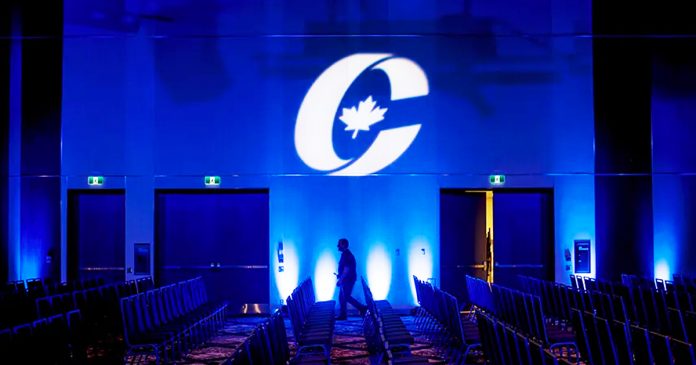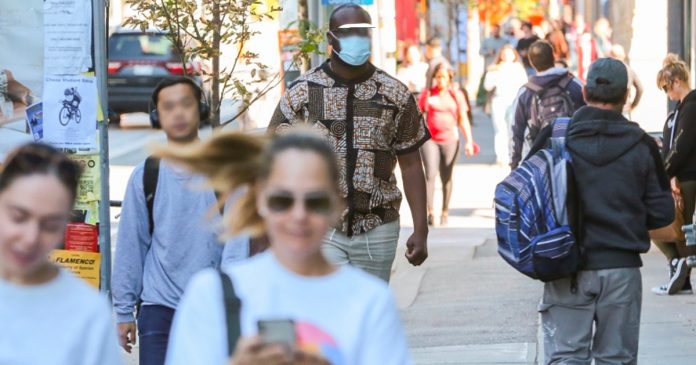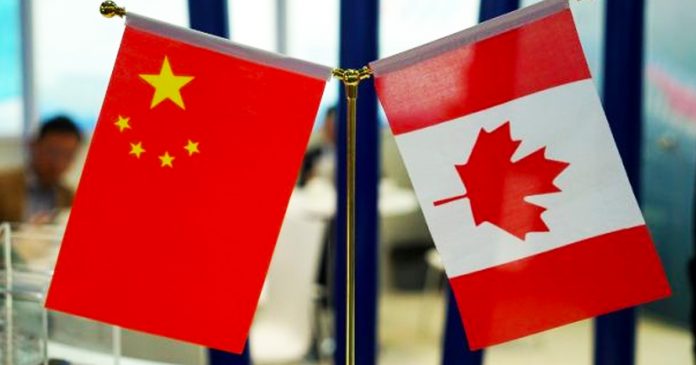The Canadian government sent almost $26 million to the wrong bank accounts last year, and more than $10 million of it may be gone forever, according to CBC News.
Figures tabled in the House of Commons show the Canadian government sent 22,170 direct deposits to the wrong bank accounts between April 1, 2020 and March 31, 2021. This compares to 9,619 payments worth a total of $6.6 million sent to wrong accounts in the previous fiscal year.
The number of incorrect deposits reported during the 2020-2021 fiscal year is the highest since 2012. The $25.9 million is the second-largest annual amount of misdirected cash reported since 2009.
The government blames the pandemic and COVID-19 support programs for losing track of the money.
“There was a significant increase in payments issued from April 1, 2020 up to March 31, 2021 to individuals and businesses as a result of the actions taken by the government to support hardship created by the COVID-19 pandemic,” spokesperson for Public Services and Procurement Canada (PSPC) Stéfanie Hamel told the CBC.
While the Canadian government was able to recover $7.1 million in misdirected payments last year, $10.2 million is cited as “not expected to be recovered.” The government said it hopes to recover another $8.6 million in the coming years.
The Canadian government oversees billions of dollars in direct deposit payments every year. Hamel told CBC News that a small percentage of them ends up in the wrong places.
“Some reasons for misdirected deposits may include manual errors, wrong information received from the recipient (i.e. the recipient provides incorrect banking information), wrong information received from the department, and potentially, fraud,” she said.
She said the department has “rigorous processes in place” to recover money deposited into the wrong accounts, and it makes a “sustained effort…within the parameters of the law” to recover the money.
Since the pandemic began, the Trudeau government has spent more than $380 billion.
As a result of the government’s copious spending, Canada’s inflation rate spiked to a 18-year high of 4.7% in October. The high rate is the most inflation the country has seen since February 2003.
Canada’s inflation crisis has resulted in a surge of prices among goods, including gasoline, shelter and groceries.
The CTF’s federal director Franco Terrazzano believes the government is “pouring fuel on the inflation fire.”
“The cost of living is soaring and Canadians should be worried about how the government is going to pay for its unprecedented spending and hundreds of billions of dollars in new debt. The feds need to stop dishing out cash we don’t have and pouring fuel on the inflation fire. Freeland needs to hit the brakes on this government’s runaway spending train.”




























